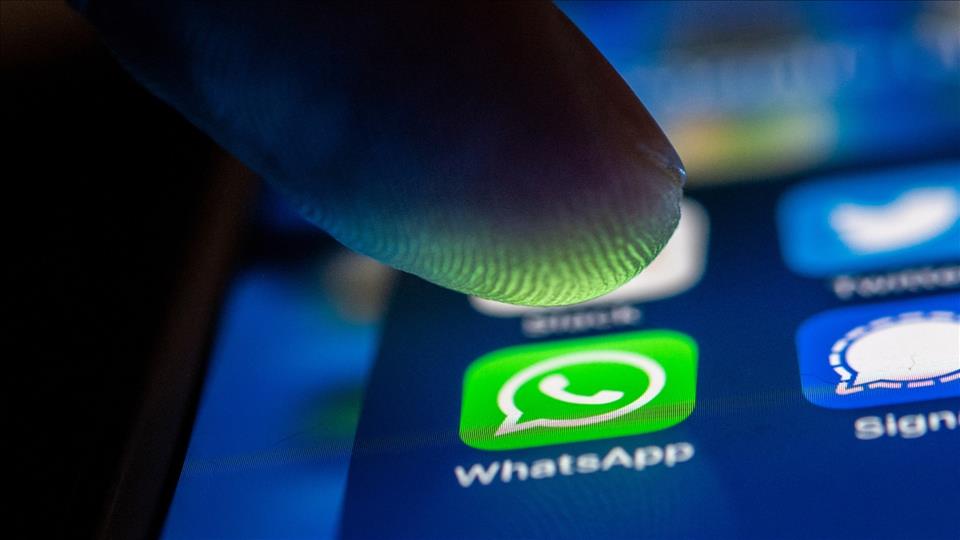(MENAFN- Swissinfo)
Keystone / Zacharie Scheurer
The messenger service WhatsApp no longer has access to the more than 100 billion daily messages on its platform, a comprehensive security test funded by the Swiss National Science Foundation (SNSF) has concluded. One identified weakness can be resolved with a strong password.
This content was published on July 30, 2023 - 11:28 July 30, 2023 - 11:28 Keystone-SDA/ts An end-to-end encryption is used to ensure the confidentiality of WhatsApp. However, until recently, the automatic backup of the chats did not offer the same security, according to a statementexternal link by the SNSF. This is because the personal key to the data stored in the cloud was known to the company.
“Backups were safe from everyone apart from WhatsApp itself,” said Julia Hesse, a cryptographer from the IBM Research Institute in Zurich who has received funding from the SNSF.
This could also be why the messenger service launched a new backup protocol at the end of 2021, which Hesse and researchers from the federal technology institute ETH Zurich and the University of Wuppertal in Germany have now examined in detail. The study showed that the company itself is no longer able to access the backups.
The study found that with the new system the copy of the key is no longer stored at the company but on a separate, particularly secure computer to which WhatsApp has no access and whose code cannot be subsequently changed.
If a user loses their smartphone, they can now access the key themselves by entering a password and restore their own chats.
“It's like the key is stored in a chest that can only be opened with the password,” Hesse said.
The protocol also protects the backup from“brute force” attacks, which keep trying passwords until they find the right one.“Even if a powerful attacker manages to gain control of the WhatsApp servers, the system would only allow them ten attempts, after which the key would be destroyed,” Hesse said. But the data is then lost for the user too.
Password vulnerabilityHowever, the researchers discovered a possible vulnerability: in normal operation mode the system deletes old versions of the backup when a new version is created, such as when changing the password.
“An attack on WhatsApp or elsewhere could result in the old versions being retained, meaning that another ten attempts would be possible for each existing version,” Hesse said. But this loophole can be closed by choosing a strong password.“If, rather than taking their Swiss postcode, the user chooses eight characters with a special character, it doesn't matter whether the attacker has ten or 200 goes.”
More
More




















Comments
No comment